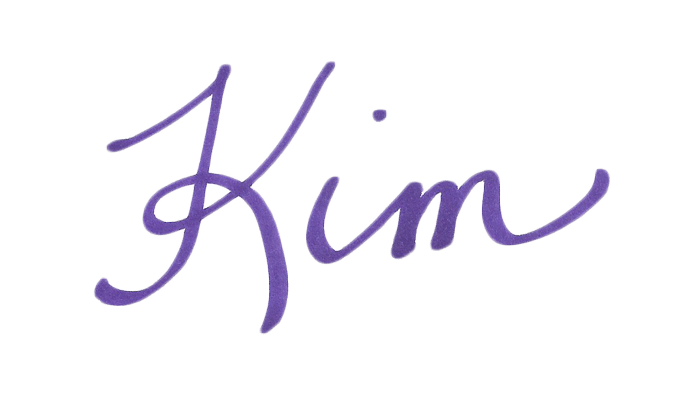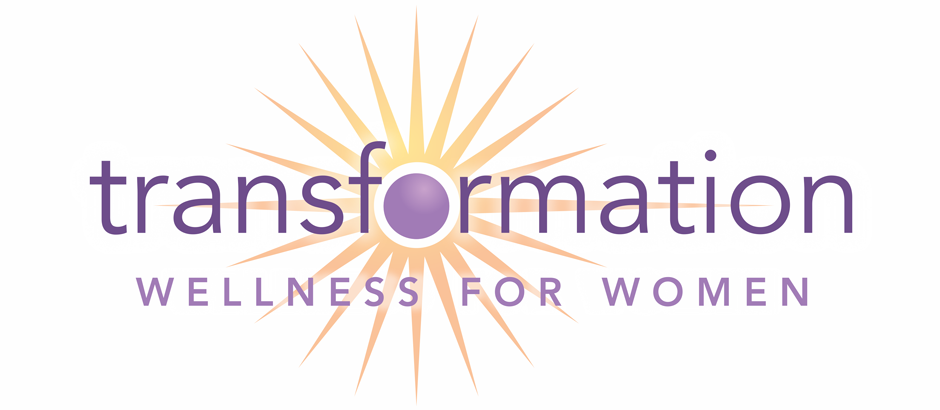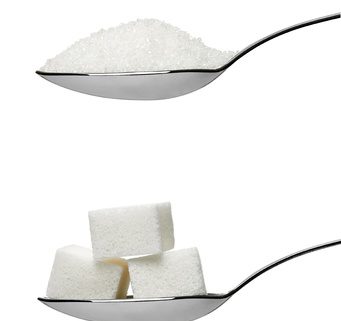Not So “Breaking News”
Did you hear the study that just came out this week?
50 years ago, a study was published in the New England Journal of Medicine that basically told us that fat is really bad and sugar is really not.
(If you’re interested in learning more, you can read the news article from NPR here and the journal article that uncovered these findings here.)
By the way, we’ve discovered that it’s really the other way around – sugar is really bad and fat really isn’t. I’d love to go into this, but that’s for another time. Back to the recent findings…
When a huge industry like the sugar industry has so much money and so much power, unfortunately, they can BUY stuff with it. In this case, they bought some Harvard scientists to publish these false findings fifty years ago.
What’s more, with all that money and power, the sugar industry can also BUY more and more alluring ads, beautiful bottles and cans to house their product, and thin, happy models to sell their goods (or should I say, their no-so-goods) to not only adults, but also children.
When this study came out recently uncovering the truth of this matter, I immediately felt frustrated for the American people. Imagine reading the article fifty years ago saying that fat is bad and sugar is not. Since then, we’ve lost countless lives to disease because of this lie.
You may be thinking, “So, who can we trust? How are we supposed to know what real truth is?”
I hear you. It frustrates me too. I care about you and I care about your health and well-being, so I’m going to share with you something I hope will help.
Whenever my clients ask me about a new product or idea, I advise them to run through a series of three questions to test this new information:
- Who/what is the source?
Where are you reading/hearing this? What qualifies this source/person as an expert in this area? What, if anything, does this source/person have to gain by telling/selling you this information/product? - Does it sound too good to be true?
What is your “gut” telling you about this information? When you come across a study, a weight loss program, a “doctor”, or expert claiming something that you’ve never heard before, sounds weird, or sounds too good to be true, it may just be. - Is it really difficult to understand?
The truth is that we really don’t know a lot about nutrition. Here’s something that’s important to remember: We think what we should be eating is complicated and what happens to that food inside our bodies is simple.But it’s really the other way around – what goes on with the food once it enters our body is complicated and what we should put in our mouths is very simple.
In fact, I like how Michael Pollan says it – “Eat food. Not too much. Mostly plants.”
And that’s the no-so Breaking News — what we should eat is very simple and if we eat healthy, whole foods (foods that were living at one time) in an appropriate quantity, it’s really all you need to know.
I know, it’s not flashy or sexy or Breaking News in the health industry, but it is the truth.
Doing the “basics” really well is what it comes down to: sleep well, eat healthy, don’t carry around too much stress, and exercise.
If you do all these things on a consistent basis, you’re going to live a healthy and happy life, but again, only if you do them consistently.
Once in awhile or on an irregular basis isn’t going to work.
I know you know this, so my challenge to you is to evaluate your current habits and ask yourself if you’re doing them.
Secondly, are you doing them on a consistent basis? If you are, BRAVO!
Finally, next time you come across some nutrition information, a new pill or supplement, and so on, I encourage you to “test” this new product by running it through my three questions:
1) Who/What is the source?
2) Does it sound too good to be true?
3) Is it really difficult to understand?
If you’re not sure, just ask me… But just know that I’ll be running it through the same test you did!
It’s your turn to take care of you,




